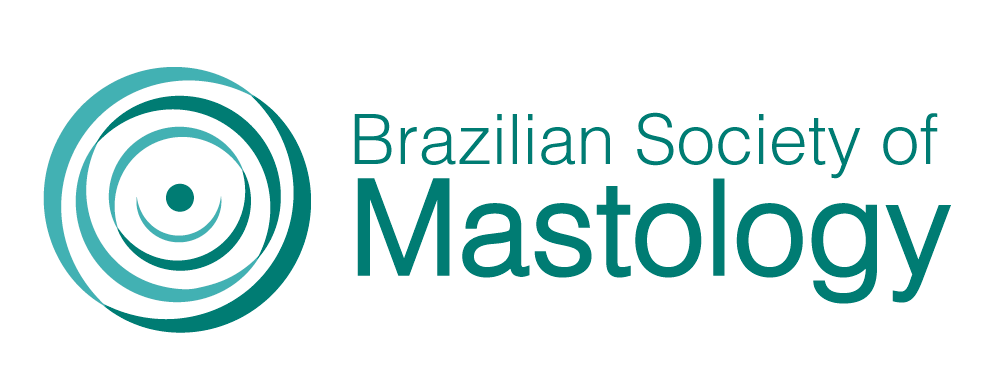TRIPLE-NEGATIVE BREAST CANCER AND BRCA1 UNDEREXPRESSION ASSOCIATION
AN EVIDENCEBASED META-ANALYSIS OF CASE–CONTROL STUDIES
Palavras-chave:
Triple-Negative Breast Cancer, BRCA1, TreatmentResumo
Objectives: This meta-analysis aims to evaluate the association of triple-negative breast cancer and BRCA1 gene underexpression by means of a meta-analysis. Methodology: Case–control studies, published between the years 2011 and 2015, were selected from three available databases (PubMed, Scopus, and Web of Science) and were analyzed using Preferred Reporting Items for Systematic Reviews and Meta-Analyses (PRISMA) recommendations. Literature search was performed using the key words “([triple-negative breast cancer] AND [BRCA1] AND [Associated] AND [expression]).” Study quality was assessed using the Grading of Recommendations, Assessment, Development, and Evaluations (GRADE). The quality of evidence of the studies was classified into four categories: high, moderate, low, or very low quality. We also analyzed the influence of possible conflicts of interest and any information on ethical approval of the studies. Results: A total of 11 studies, out of the 189 studies initially identified, were included in this meta-analysis after applying the inclusion and exclusion criteria. Results show a high prevalence of BRCA1 mutations and underexpression on triple-negative breast cancer patients (χ2=33.814 and p=0.0001). Studies also show that chemotherapy remains the basis of systemic treatment for breast cancer patients with the BRCA1 mutations and after triple-negative breast cancer treatment, tumor recurrence and resistance to therapy remain a challenging problem. Conclusion: This meta-analysis corroborates other studies that the underexpressive BRCA1 carriers are linked to a higher risk to develop breast cancers that tend to be negative for estrogen (ER), progesterone (PgR), and HER-2 receptor (triple-negative).
Downloads
Downloads
Publicado
Como Citar
Edição
Seção
Licença
Copyright (c) 2021 Fabiana Lúcia de Lima Souza, Francielle Souza Silva Lopes, Hellen Karine Paes Porto, Cesar Augusto Sam Tiago Vilanova-Costa

Este trabalho está licenciado sob uma licença Creative Commons Attribution 4.0 International License.







